Resources
Date
Description
AIP has produced a set of basic facts on biofuels in Australia to inform consumers, commentators and other interested parties. AIP has consistently stated that there is a sustainable role for biofuels in the Australian fuels market provided biofuels are competitively priced, have a reliable supply…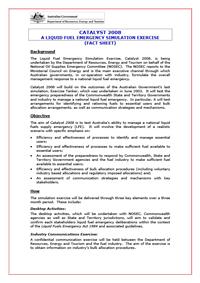
Date
Description
In 2008, the Department of Resources, Energy and Tourism (DRET), on behalf of NOSEC, undertook a Liquid Fuel Emergency Simulation Exercise – 'Catalyst 2008'. The aim of 'Catalyst 2008' was to test the emergency preparedness of the Commonwealth State and Territory Governments and industry to manage…Date
Description
Subsidising domestic alternative fuel production is not necessary for energy security The reliable supply of conventional transport fuels (petrol, diesel and jet fuel) to the Australian market is underpinned by a diversity of supply options for petroleum products from domestic refiners and…Date
Description
Liquid Fuel Supply Security and Reliability The Australian liquid fuel supply chain has considerable span and diversity. It includes crude and petroleum product shipments into and around Australia, refinery throughput, bulk fuel storage tanks, extensive terminal and distribution networks, over…Date
Description
Through submissions to review processes, AIP aims to inform the community about the downstream petroleum industry, and its significance to the national economy, by making available comprehensive factual information and data about the industry and its performance over time. AIP material also…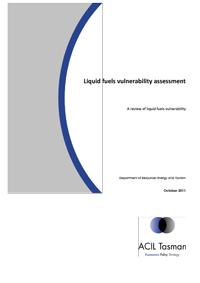 ,
, 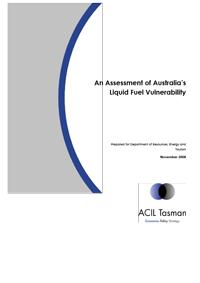
Date
Description
In 2009 and 2011, ACIL Tasman was engaged by the Federal Department of Resources, Energy and Tourism (DRET) to examine Australia's current level of liquid fuel vulnerability and significant trends which may affect this over the short, medium and longer term. The Liquid Fuel Vulnerability…Date
Description
Relying on shipping (for imports) does not increase security risks, and shipping lanes are not easily disrupted. Most countries are reliant on movements of petroleum (crude and product) within and between countries, and particularly so for Australia (in both an export and import sense).…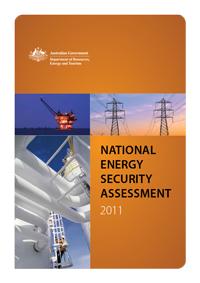 ,
, 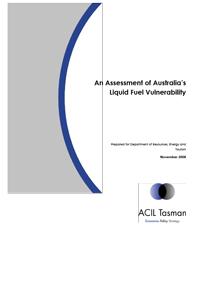
Date
Description
The NESA identifies the current strategic energy security issues in the liquid fuels, natural gas and electricity sectors, and those posing a potential risk in short term, medium term and longer term. The Government has indicated that the NESA will provide a key input into the development of future…Date
Description
Australian refineries continue to operate with no indications of any plans to close the remaining four There have been statements and Inquiry submissions from all refining companies about their future refinery investment plans and the ongoing role of these facilities in meeting customer…Date
Description
AIP member companies provide very reliable supplies of fuel to the Australian market and: represent around 90% of primary fuel supply to the Australian market, have decades of operational experience in Australia and Asia delivering high quality fuel to customers, have major…